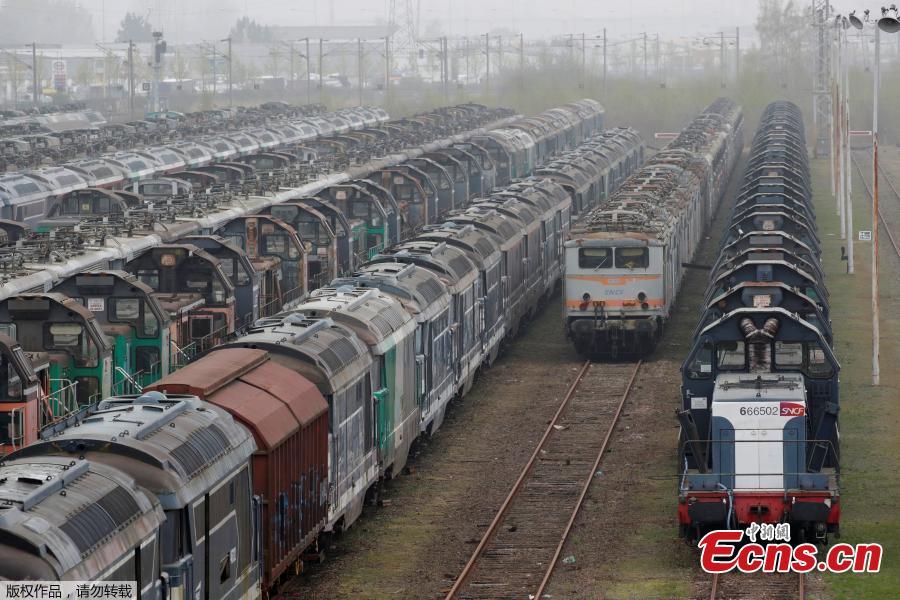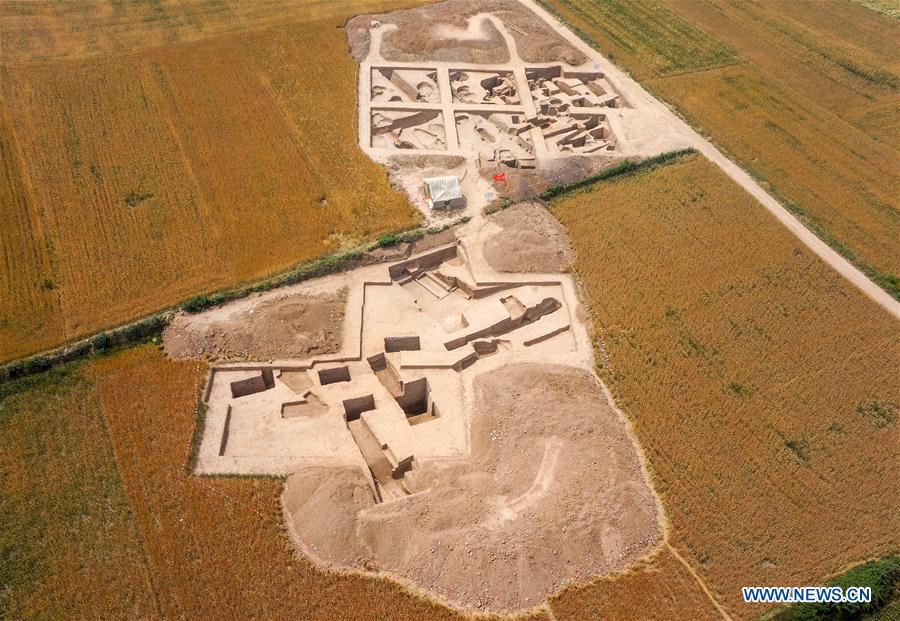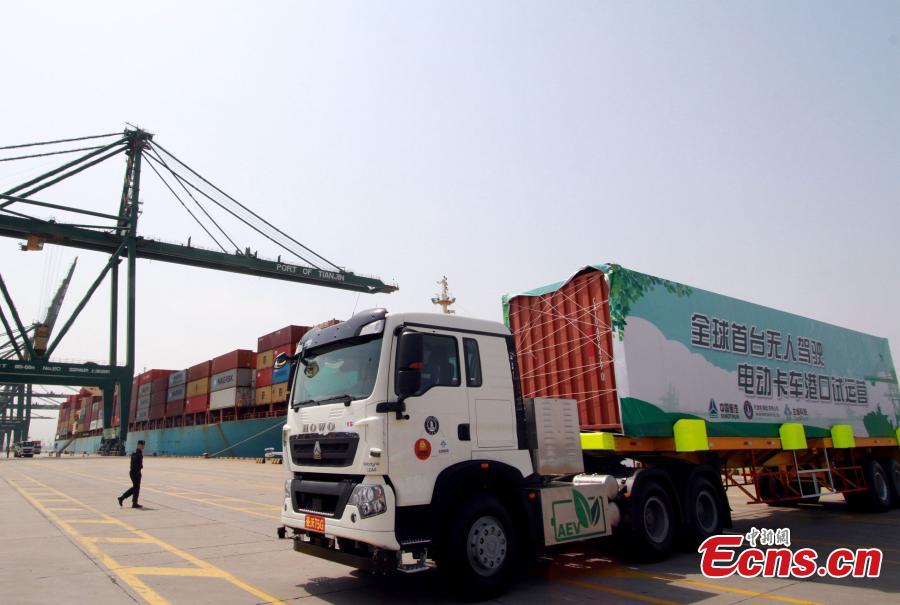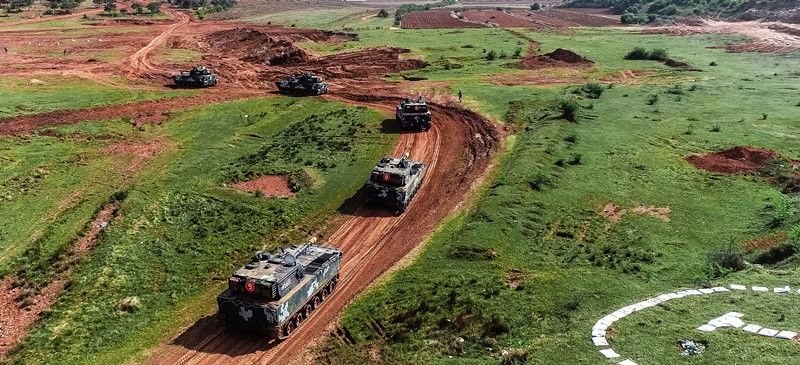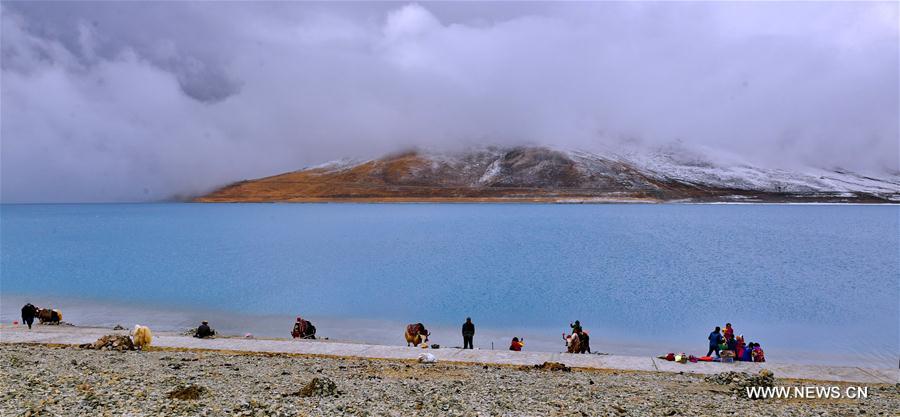The United Nations Human Settlements Program (UN-Habitat) on Thursday called on developing countries to incorporate climate change in their urban planning.
"There is need to develop a sustainable urbanization that promotes connectivity and efficient low-carbon infrastructure that is aligned to mitigation and adaptation efforts," UN-Habitat Executive Director Maimunah Mohd Sharif told the 10th Africa Carbon Forum in Nairobi.
With the increasing rural-urban migration, chances are that greenhouse gas emissions are likely to increase, she said.
Sharif called for the enactment of adaptation measures to help in building resilience within the urban environment to help minimize the impact of global climate changes.
Through the UN Habitat's new urban agenda and the Paris Agreement on Climate Change, the UN housing agency is ready to support member states to implement their Nationally Determined Contributions (NDCs), Sharif said.
Over two-thirds -- 113 out of 164 -- of the submitted NDCs show clear urban references and content, she said.
"This desire establishes the relationship between sustainable urbanization and climate action that has to be met in realizing the Paris Agreement,' she added.
Sharif observed that it is unfortunate that Africa missed out during the Clean Development Mechanism (CDM) yet the continent suffer most from adverse climate change.
Josefa Sacko, commissioner for Rural Development and Agriculture at the AU Commission, told the meeting that Africa requires between 250 million to 500 million U.S. dollars for adaptation projects to become a success.
The AU has started negotiations with United Nations Economic Commission for Africa (UNECA) and the African Development Bank (AfDB) on how to help countries meet their NDC plans, Sacko said.
Due to adverse climate change, agriculture, the bedrock of most populations in the continent, is fast collapsing because of adverse climate change, she said.
"This has led to increased food insecurity as a result of frequent crop failures due to weather variability, inadequate rains, rainfall coming too late or earlier than expected," Sacko noted.











